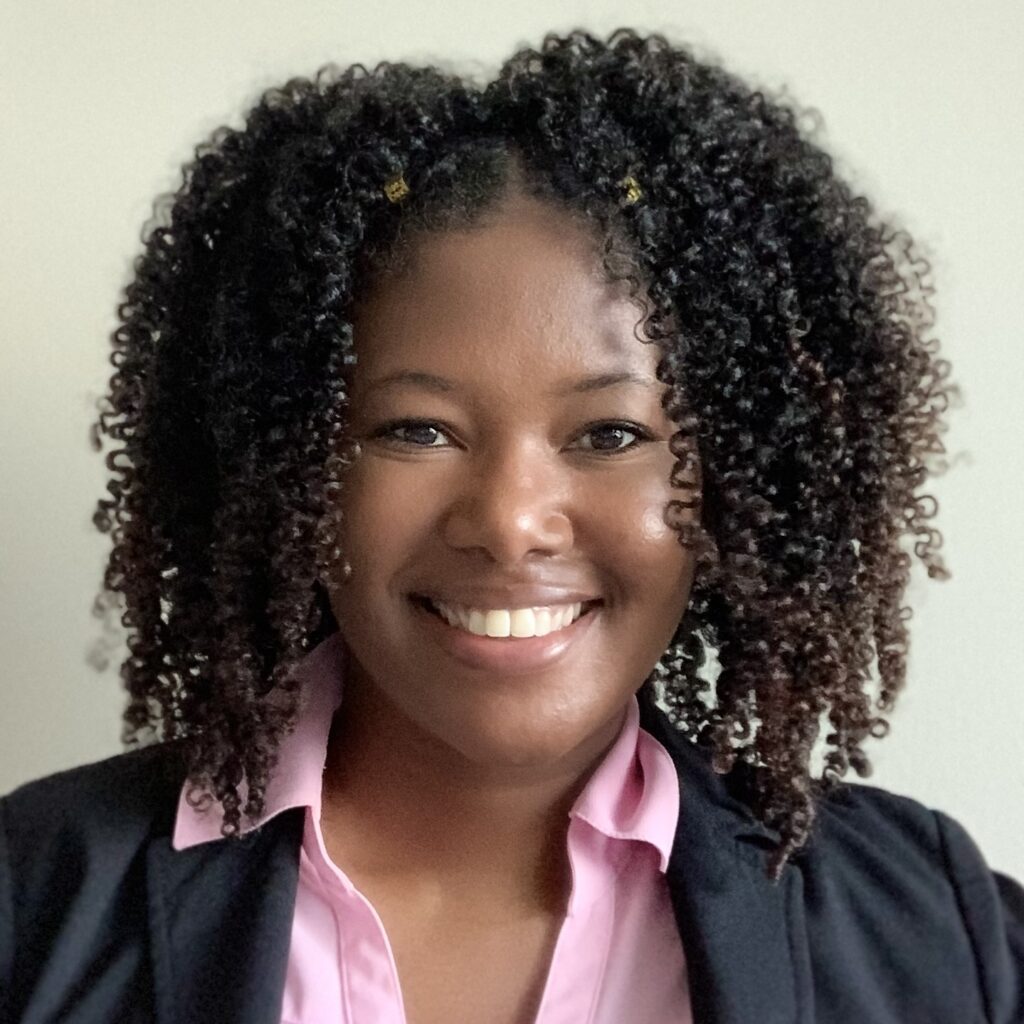
Advised by Deryn Strange
Kris completed her B.A. in Psychology and Behavioral Healthcare at the University of South Florida. She developed a passion for Psychology & the Law while completing her M.S. in Psychology at the University of Louisiana at Lafayette. Her thesis explored the impacts of post-identification feedback on people’s susceptibility to misinformation under the supervision of Dr. Robert Michael. Kris’s current research with Dr. Deryn Strange focuses on factors influencing eyewitness memory, police body-worn cameras, and expert testimony on memory issues. When she isn’t working on research, Kris enjoys running, reading fiction, listening to podcasts, and going to the movies.
Selected Presentations & Publications
Anderson, K. S., Jones, K., & Strange, D. (2025). Body-worn camera versus officer reports: How inconsistencies influence public perceptions of trust, accuracy, and punishment. Applied Cognitive Psychology, 39(5), e70113. https://doi.org/10.1002/acp.70113
Anderson, K. S., Miller, Q. C., Strange, D., & London, K. (2025). Repressed memories and the body keeps the score: Public perceptions and prevalence. Memory, 33(5), 495–509. https://doi.org/10.1080/09658211.2025.2479503
Anderson, K. S., Miller, Q. C., Strange, D., & London, K. (2025). Repressed memories and the body keeps the score: Public perceptions and prevalence. [Poster presentation]. 15th Biennial Society for Applied Research in Memory and Cognition, Kildare, Ireland.
Anderson, K., Williams, K. D., Takarangi, M., & Strange, D. (2024, November 23). Untangling myths: Memory, secondary trauma and criminal justice professionals as witnesses. [Poster presentation]. 65th Annual Psychonomic Society Conference, New York, NY, United States.
Anderson, K., Jones, K., & Strange, D. (2024, March 21-23). Consistency between officer reports and body worn camera footage matters: Public perceptions of officer credibility and consequences [Paper talk]. 2024 Annual Conference of the American Psychology-Law Society (AP-LS), Los Angeles, CA, United States.
Anderson, K., & Michael, R. B. (2022, November 17-20). How does feedback about a lineup Identification influence susceptibility to misinformation? In L. F. (Chair), False beliefs: Memory and judgment processes [Paper talk]. 63rd Psychonomic Society Annual Conference, Boston, MA, United States.

